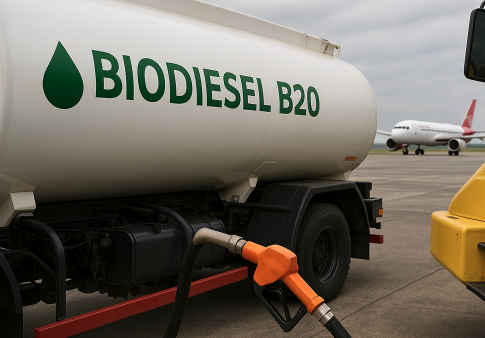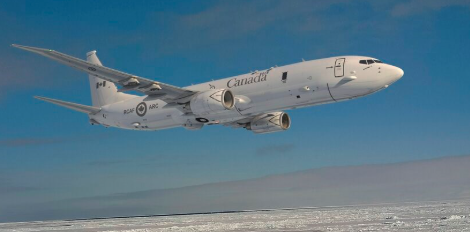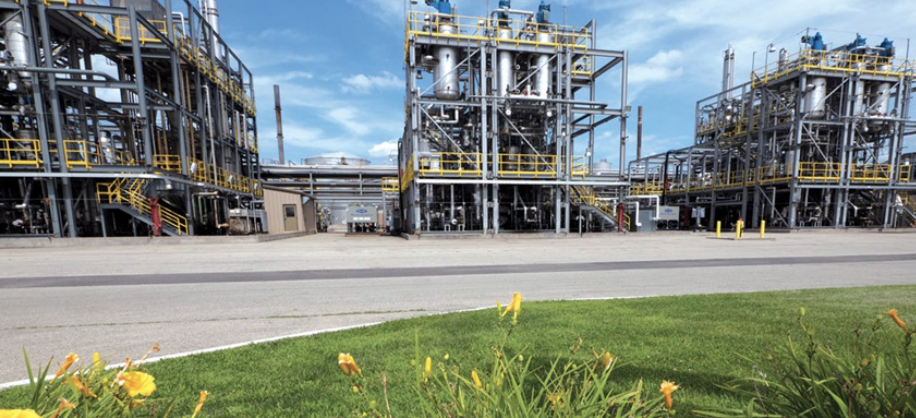
June 3, 2025
On May 29, Avina Synthetic Aviation Fuels announced that it will partner with Pittsburgh International Airport (PIT) to build the airport’s first…

May 30, 2025
Malaysia’s Minister of Plantation and Raw Products, Datuk Seri Zohari Abdul Ghani, recently said the government is pushing for a transition from…

May 29, 2025
According to Hong Kong media news on May 29, the Business Environment Council (BEC) today released the report “Study on Biodiesel and…

May 29, 2025
On May 29, Boeing Canada said it is investing millions of dollars in commercial ventures in British Columbia and Quebec with the…

May 27, 2025
According to the Business Times, the Malaysian Palm Oil Council signed a memorandum of understanding with China’s New Land and Sea Corridor…

May 26, 2025
Virgin Australia and The Boeing Company recently released a study by independent consultants Pollination, which provides insight into the policy challenges and…

May 26, 2025
May 25th, recently, a huge ship “LE**” loaded with 26,000 tons of hydrocarbon-based biodiesel successfully set sail from CNOOC Taifu Terminal to…

May 24, 2025
In the early hours of May 22, the U.S. House narrowly passed the HR 1 bill, which includes key provisions to extend…

May 23, 2025
The Japanese government will introduce 10 percent biofuel blends in different parts of the country from 2028 and plans to roll them…

May 21, 2025
Chevron is set to lay off 70 employees at the headquarters of its Renewable Energy Group (REG) in Ames, Iowa, according to…










